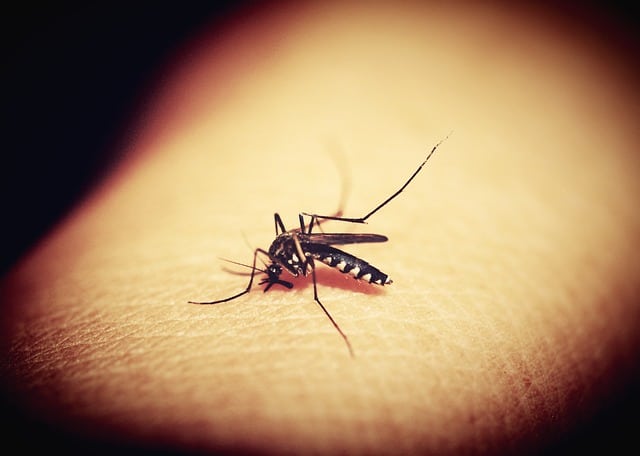These insects are the main carriers and transmitters of diseases as serious as malaria
A group of researchers from the Liverpool School of Tropical Medicine (United Kingdom) have managed to identify a completely new mechanism by which mosquitoes that carry malaria are becoming resistant to insecticides.
The researchers, after studying Anopheles gambiae and Anopheles coluzzii, two of the mosquito species that transmit malaria in West Africa, have discovered that a particular family of binding proteins, located on the legs of insects, was found in large quantities in populations resistant to insecticides. This protein, known as SAP2, rose even more after contact with pyrethroids, one of the most common insecticides.
They discovered that when levels of this protein were reduced, by partial silencing of the gene, pyrethroid susceptibility was restored; Conversely, when the protein was expressed at elevated levels, previously susceptible mosquitoes became resistant to pyrethroids.
Mosquitoes adapt
Victoria Ingham, a doctor at the Liverpool School of Tropical Medicine, details in an article in the scientific journal ‘Nature‘ that they have “found a completely new mechanism of insecticide resistance that we believe is contributing to the lower than expected efficacy of the mosquito nets.”
As Ingham points out to SciTechDaily, “the protein, which is located on the legs, comes into direct contact with the insecticide as the insect lands on the net, making it an excellent potential target for future network additives to overcome this powerful resistance mechanism”.
The increased resistance to insecticides in mosquito populations has led to the introduction of new insecticide-treated bed nets containing Piperonyl butoxide (PBO), as well as pyrethroid insecticides.
However, mosquitoes are continually developing new resistance mechanisms and the discovery of this new defence system provides an excellent opportunity to identify additional compounds that could be used to restore the effectiveness of insecticides and prevent the spread of malaria.
